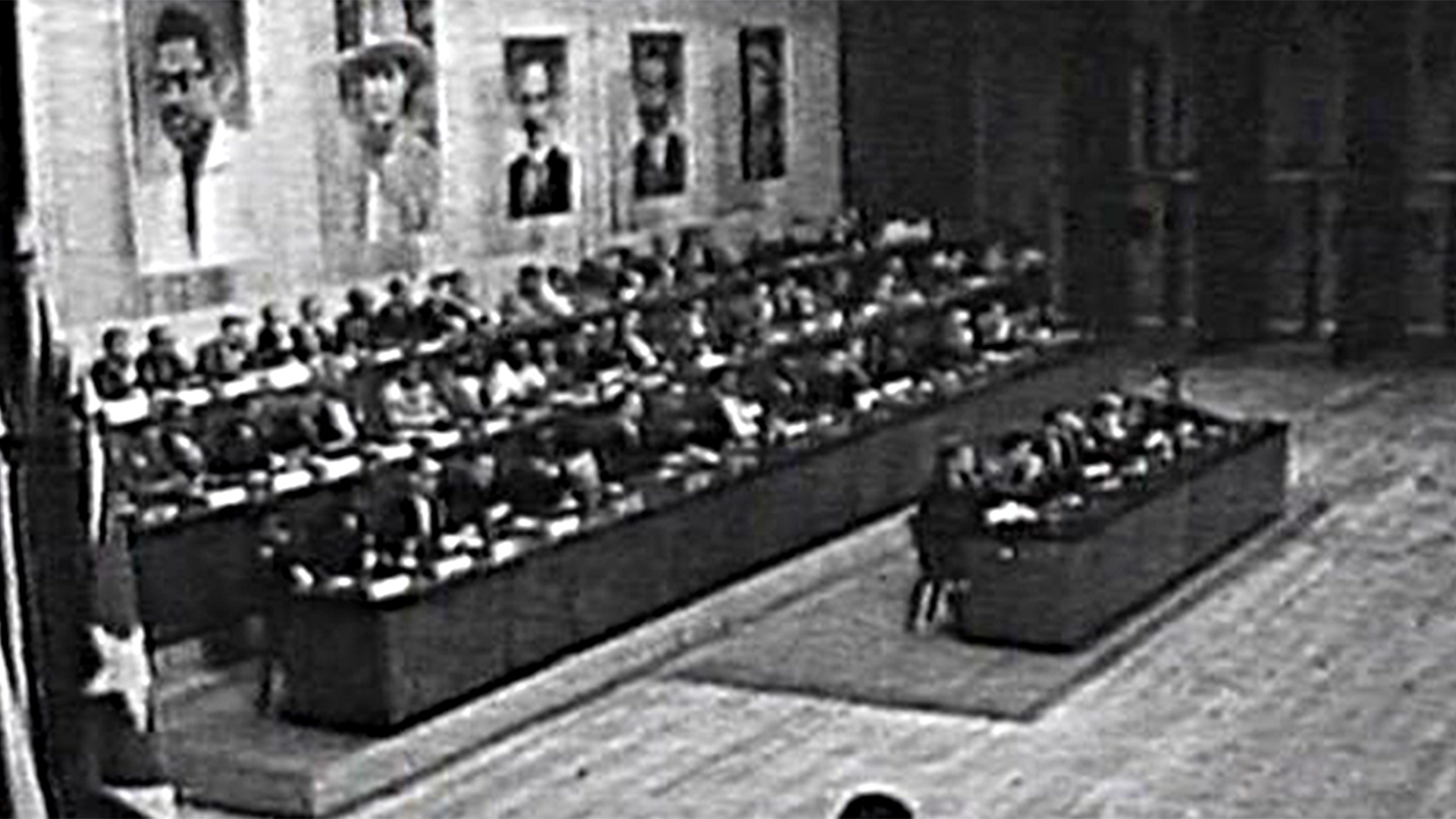 History
History

4667681 / 5558940
Dictatorships in the 20th Century III
Fidel Castro
Today, the Caribbean island state of Cuba is an independent republic. Cuba was first ruled by the Spanish and later by the USA before the island gained its independence under Fidel Castro in the 20th century. He grew up in privileged conditions but already while studying law he engaged in political activity. He fought against the corrupt dictator Batista, who was supported by the USA, and later against the USA itself, and during the “Cold War he is a loyal but dependent ally of the Soviet Union. In 1962, the world is on the brink of an atomic war. As a consequence of the break up of the USSR and the continued embargo by the USA, the island sinks into poverty. Castro remains in power although he encounters more and more resistance in his own country. In 2008, he abdicates due to illness. The didactic DVD “Dictatorships in the 20th Century III – Fidel Castro“ tells the story of the man whose life is inseparably linked to the history of the island of Cuba in the 20th century. Together with the extensive accompanying material the DVD is ideally suited for use in the classroom.
Play trailer
Curriculum-centred and oriented towards educational standards
Matching
Seal of approval
Quality seals such as the "Bio-Siegel", "Blauer Engel", "Stiftung Warentest" and up to 1,000 other seals represent characteristics such as sustainability, health or safety with regard to a product, a service or even a company.
Computer Games
This film covers the topic of computer games in a variety of ways and from many different angles. Apart from the fascina- tion of computer games for users, the historical development as well as the production of computer games are described. The established genres are introduced, the guidelines of the German BPjM are explained. In light of recent public discussions, a neutral overview of the pros and cons of playing computer games is given, and different kinds of player behaviour are outlined. In this film, the pupils will recognise many aspects of their favourite pastime that encourage an independent, constructive use of this medium and reinforce their media competency. The film and teaching material are very closely related to the real-life situation.
The Daily Newspaper
Every day, there is a surge of news reaching us via different news channels. In spite of TV and Internet, the daily paper still is one of the most important main sources of news. But how is a newspaper created? The film shows the production of a paper in the course of one day. Starting with the editorial meeting in the morning, in which the topics and deadlines are determined, the film accompanies a journalist during her research work. You can see how a journalistic interview is conducted and what the photographer must consider when taking a press photo. Back in the editorial office, the editor’s work is illustrated, which includes the page layout and the writing of an online article in today’s time. Impressive pictures from the printing centre depict the process from the digital page to the finished newspaper. Together with the comprehensive accompanying material, the DVD is perfectly suited for use at school









